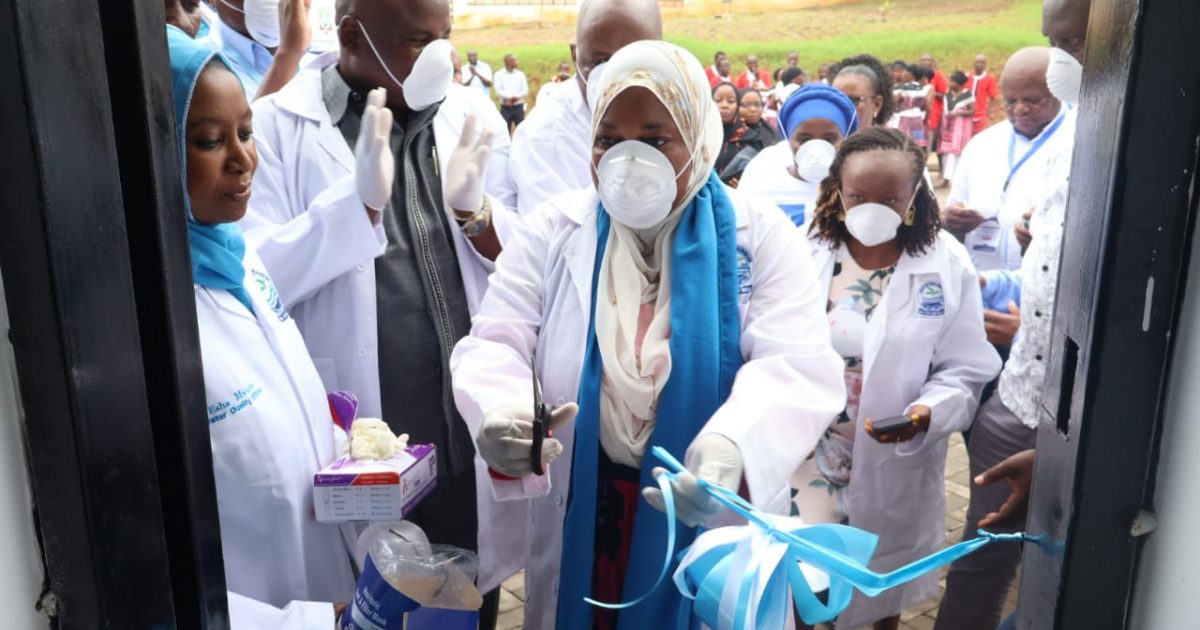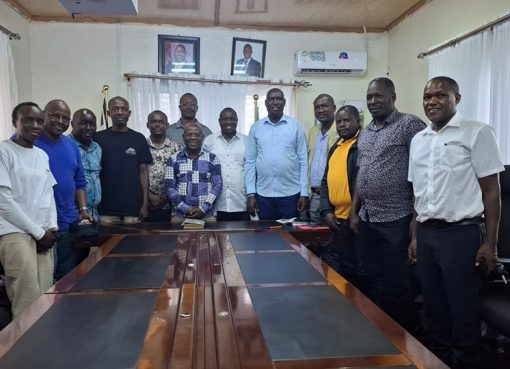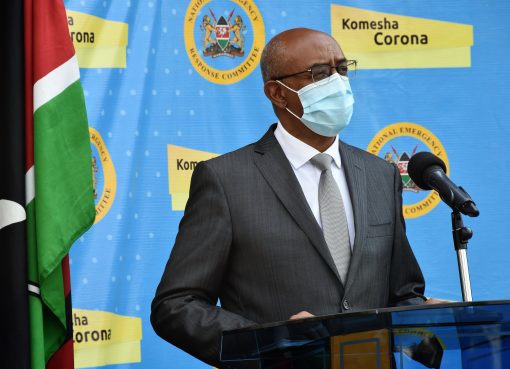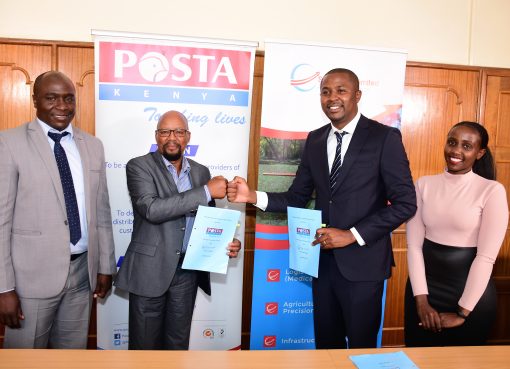Kwale Governor Fatuma Achani has commissioned the new Kwale Water and Sewerage Company “KWAWASCO” office, water quality laboratory and public ablution blocks.
Governor Achani says the projects were implemented by the devolved government in collaboration with the World Bank and KWAWASCO through the Water and Sanitation Development Project and seeks to help improve water supply services to the people.
The projects which would be run by KWAWASCO and aimed at improving water supply and sanitation services and prevent waterborne diseases are all domiciled within the Kwale municipality.
Achani expressed her commitment to providing potable, germ-free and uninterrupted water supply to Kwale residents saying the modern water laboratory would ensure water quality and assurance to the consumers.
She said the water projects would strengthen the pursuit of ensuring compliance to the drinking water quality standards and improving the water quality in the coastal county.
“Our leadership is dedicated to ensuring that Kwale residents have access to safe, sufficient and affordable water and hygiene facilities within reach for socio economic development,” she said.
She observed that the state-of-the-art water laboratory has the capacity to test and analyze and could identify any harmful substances in any water sample.
She appealed to the KWAWASCO management to protect and maintain the water equipment due to its sensitive and expensive nature so it could serve the purpose for which it was procured.
In attendance at the unveiling ceremony were Deputy Governor Chirema Kombo, World Bank representative Pascaline Wanjiku (Senior Water Supply and Sanitation Specialist), Water Services Regulatory Board WASREB Chief Executive Officer Julius Itunga, County Water Executive Hemmed Mwabudzo and KWAWASCO Managing Director Eric Parmet.
“We are very thankful to the World Bank for partnering with us in the Water and Sanitation Project which goes hand in hand with our vision to improve the water supply infrastructure in Kwale,” she said.
She says in order to ascertain the quality of water consumed by the people, the need for more laboratories could not be overemphasized.
The Governor added that under the water project, four new ultra-modern public toilet facilities were completed in the Kwale and six others in Diani municipalities.
She also stated that the water quality laboratories project would relieve KWAWASCO the burden of traveling to Mombasa to do water sampling tests hence saving the water company ‘valuable time and resources’.

The Governor emphasized on the importance of KWAWASCO workers to take responsibility for ensuring that Kwale county residents get uninterrupted water supply services.
“It is your duty to also tame and disconnect all illegal water connections that affect KWAWASCO’s service delivery to the people. By doing so you will also help grow the company’s revenue collection and make it more stable and self-sustaining,” she said.
She said water is without doubt indispensable to human existence and is among the key sectors that have been prioritized by her administration.
Pascaline Wanjiku assured the Governor that World Bank would continue working with the county government in other development projects aimed at benefiting area residents.
Wanjiku stated that Kwale county projects implemented under the Water and Sanitation Development Project (WSDP) were among the best.
Her sentiments were echoed by Water Services Regulatory Board CEO Julius Itunga who urged other counties to come and benchmark on the Kwale Water Quality Laboratory, which he termed as the best lab component in the water project.
On his part Eric Parmet of KWAWASCO says the laboratory would be used to identify water pollution and its causes in order to apply remedy and ensure that people have access to potable water.
He stressed the need to ensure that water quality was not compromised from the point of production to consumption noting that the overall interest of the water company was to promote adherence to water safety standards.
Parmet indicated that the establishment of the water laboratory would help the water company to test for water quality and provide assurance to consumers and stakeholders on the quality-of-service.
By Hussein Abdullahi





